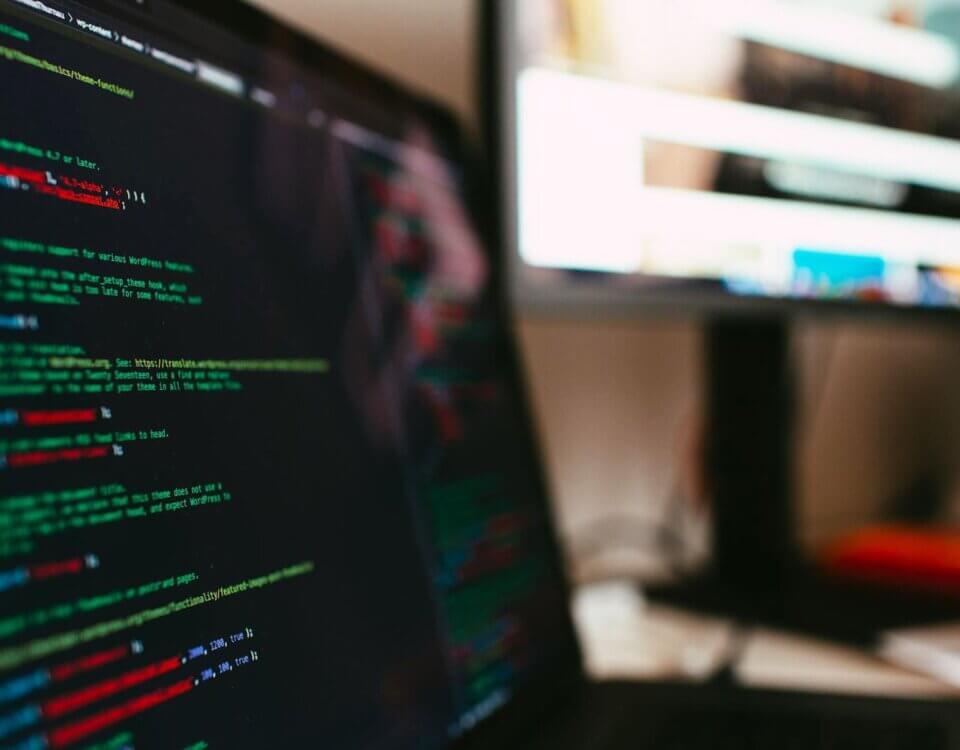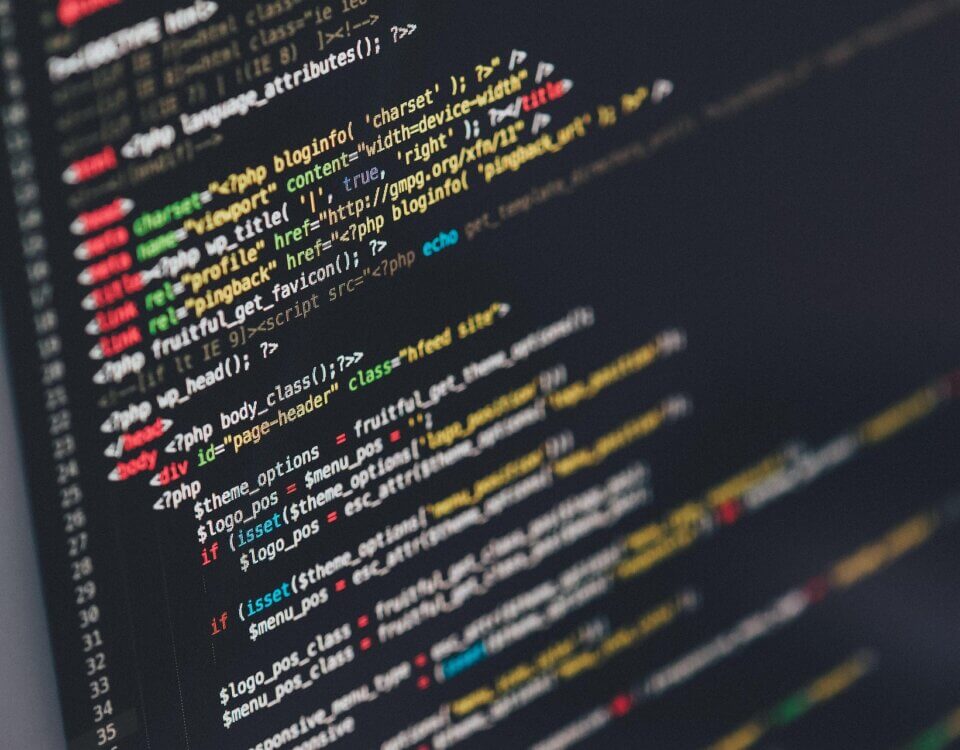
A Beginner’s Guide to Web Development
April 1, 2024SQL Server Management Studio (SSMS): Simplifying Database Restoring
May 13, 2024
In the world of software development, it’s easy to become deeply intertwined with the code we write. We spend countless hours writing lines of logic, debugging errors, and optimising performance or not optimising performance. It’s not uncommon for us to see ourselves in our code as we spend so much time with it. But here’s the truth: You are not your code.
This profound statement was told to me by a senior developer, I’m not gonna name names here. The person might get a big ego, all of a sudden. But there is a lot of truth in this statement. This is one of the reasons, I think we as developers find testing so difficult. Because contrary to popular belief, having somebody tell you what you did or thought is really bad. Is not a pleasant experience.
As developers, we invest a significant portion of our time and energy into our work. We strive for something, well that works actually. It’s only natural to take pride in what we create. However, nothing we ever will do is going to be at 100% our best attempt. Let’s face it, life hits hard sometimes. Thus it’s impossible to be at your best all the time, it’s also impossible to write the best code all the time.
I also think that “You are not your code”, should be approached with a willingness to be open to what code you wrote. If somebody with more experience says you can do it better, then go back and try again. Well, I surely have had a few moments where this is very difficult to do. But the times I have succeeded in winning the battle between my ego and me. I learned quite a lot from the experience.
Moreover, our code is not immune to criticism. In fact, it’s practically inevitable. No matter how meticulously crafted our solutions may be, there will always be room for improvement. Learning to take and give feedback in a way that is not dismissive or condescending is very important. I have found that if approach it from a point of “Is this the best work we can deliver”, then people are more understanding of it, but not always some people are just too sensitive for the industry.
This brings me to my next point which is that having a thick skin in the software industry is essential for longevity. Receiving criticism can be tough and experiencing setbacks is hell as well, especially when we’ve invested so much of ourselves into our work. But it’s important to remember that criticism of our code is not a personal attack. It’s a collaborative effort to make our software better.
So, the next time you find yourself staring at a screen full of code, remember: You are not your code. Take a step back, detach yourself from the lines on the screen, and remember that your value as a person extends far beyond the syntax of a programming language. Embrace criticism, learn from it, and continue to grow as a developer. After all, being thick-skinned in this industry isn’t just about survival—it’s about thriving in the face of adversity.








